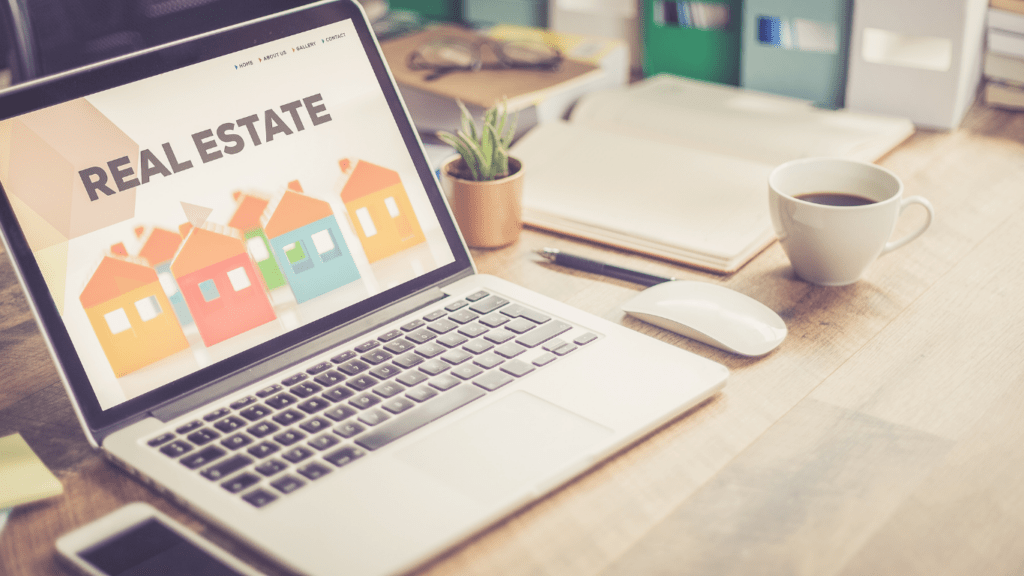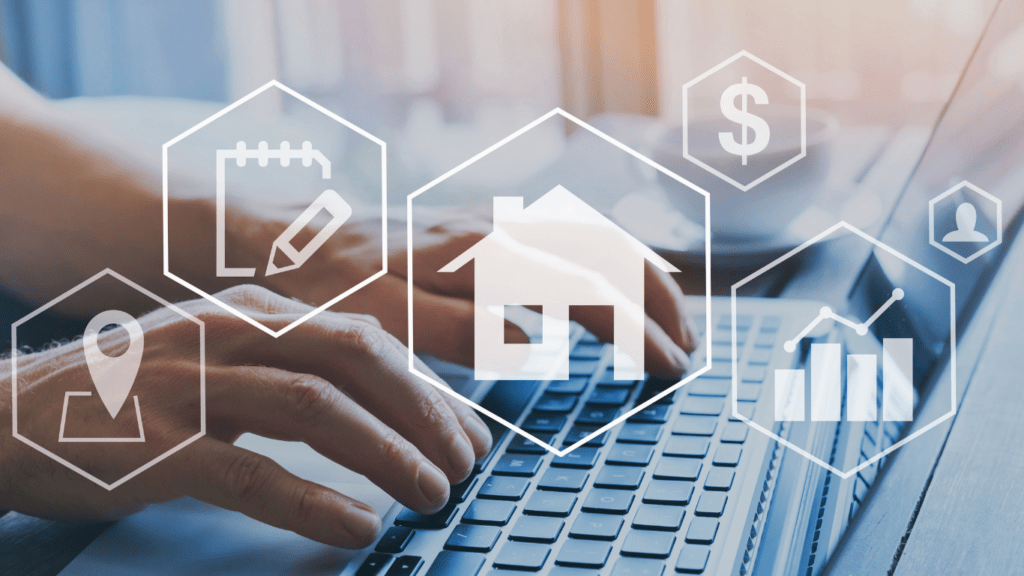The Role Of Technology In Modern Property Management
Technology enhances the property management process by automating repetitive tasks and improving accuracy. Software solutions allow property managers to handle rent collection, tenant screening, and lease management without manual errors or delays. For example, platforms like Buildium and AppFolio centralize these operations, reducing administrative burdens.
Digital communication tools streamline tenant interactions by offering instant messaging, email notifications, and online portals for requests. Tenants can report maintenance issues or pay rent directly through apps, cutting down response times and fostering better relationships.
Cloud-based systems ensure secure storage and accessibility of critical property data. Property managers can access lease agreements, financial records, and tenant information in real time from virtually any location. This flexibility improves decision-making processes and ensures compliance with regulatory requirements.
Data analytics tools help in identifying trends and optimizing property performance. Advanced algorithms assess metrics like occupancy rates and maintenance costs, providing actionable insights. For instance, these tools can highlight properties needing investment or those with potential revenue growth.
Integrating smart technology into rentals adds value to properties. Smart locks, thermostats, and energy monitoring systems not only improve tenant satisfaction but also attract tech-savvy renters. These features enhance convenience and reduce operational costs.
Technology supports scalability in property portfolios. By automating workflows and centralizing systems, property managers can efficiently oversee multiple properties or even expand portfolios without compromising quality.
Key Technologies Transforming Property Management
Integrating technology into property management has redefined how daily operations function. These advancements provide efficiency, convenience, and scalability across various areas.
Property Management Software
Property management software centralizes and automates tasks like:
- rent collection
- tenant applications
- lease management
Platforms like Buildium, Yardi, and AppFolio offer features such as automated reminders, accounting tools, and reporting dashboards. This eliminates manual workloads, reduces errors, and ensures seamless workflows for managers.
Smart Home Devices
Smart home devices provide value by improving tenant satisfaction and reducing energy costs. Devices like smart locks, thermostats, and leak detectors enhance security and convenience for tenants. For property managers, these tools allow remote monitoring and control of systems, minimizing maintenance visits and optimizing utility consumption.
Online Tenant Portals
Online tenant portals streamline communication and access to essential services. These platforms enable tenants to pay rent, submit maintenance requests, and track lease details in real-time. By integrating tenant portals with property management systems, I ensure quick issue resolution and greater transparency.
Automated Maintenance Tracking
Automated maintenance tracking simplifies property upkeep by organizing and scheduling tasks efficiently. Tools such as Propertyware and Maintenance Manager store maintenance histories, create reminders, and assign resources to specific jobs. This minimizes delays and keeps properties in optimal condition while enhancing tenant trust.
Benefits Of Leveraging Technology In Property Management

Using technology in property management transforms daily operations and enhances outcomes for landlords and tenants. It eliminates inefficiencies, simplifies financial processes, and fosters better relationships.
Increased Efficiency And Productivity
- Automated tools streamline repetitive tasks like rent collection, lease renewals, and tenant screening.
- Platforms such as Buildium and AppFolio centralize operations, reducing manual interventions and errors.
- Cloud-based systems offer instant access to property data, enabling quicker decision-making and better organization.
- By leveraging these tools, I manage properties more effectively and focus on growth.
Enhanced Communication And Tenant Satisfaction
Digital portals and messaging platforms enhance communication by providing tenants with 24/7 access to information and services. Tools like online maintenance request systems ensure faster issue resolution, while automated reminders improve tenant engagement. Implementing smart home devices like thermostats and locks also elevates tenant experiences, attracting tech-savvy renters and fostering long-term loyalty.
Cost Savings And Financial Tracking
Technology lowers operating costs by automating financial tasks, reducing the need for administrative support. Software enables accurate tracking of expenses and income, helping me monitor cash flow and compliance. Smart energy-saving devices, such as LED lighting and programmable thermostats, reduce utility costs. Analytics tools further empower data-driven strategies, optimizing budgets and enhancing profitability.
Challenges Of Adopting Technology In Property Management
While technology offers significant benefits in property management, its adoption comes with challenges that can impact the implementation process and overall efficiency. Understanding these hurdles is essential to leveraging technology effectively.
Learning Curve And Implementation Costs
Integrating technology into property management requires time and resources for effective adoption. Staff training, adapting to new workflows, and troubleshooting unexpected issues can create a steep learning curve. For example, mastering tools like AppFolio or Yardi demands thorough onboarding for teams unfamiliar with digital platforms. Additionally, upfront costs for purchasing software, upgrading hardware, or hiring IT support can strain budgets, especially for smaller property management businesses.
Data Security And Privacy Concerns
Digital systems handling sensitive tenant and property data face risks like hacking, unauthorized access, and data breaches. Storing personal information, including financial details and lease agreements, demands robust security measures like encryption and regular audits. Without compliance with regulations such as the General Data Protection Regulation (GDPR) or Fair Credit Reporting Act (FCRA), businesses may also risk legal penalties.
Dependence On Reliable Internet Connectivity
Technology in property management depends on stable and high-speed internet connections for smooth functionality. Cloud-based platforms, online portals, and automated processes can slow down or fail entirely with limited connectivity. Rural properties or areas with inconsistent internet coverage might struggle to fully benefit from tech-based solutions, reducing efficiency and tenant satisfaction.


 William Taylor has been instrumental in building Mode Key Homes, focusing on commercial real estate and rental management strategies. His contributions help landlords and business owners navigate the complexities of the real estate market while maximizing efficiency and profitability.
William Taylor has been instrumental in building Mode Key Homes, focusing on commercial real estate and rental management strategies. His contributions help landlords and business owners navigate the complexities of the real estate market while maximizing efficiency and profitability.